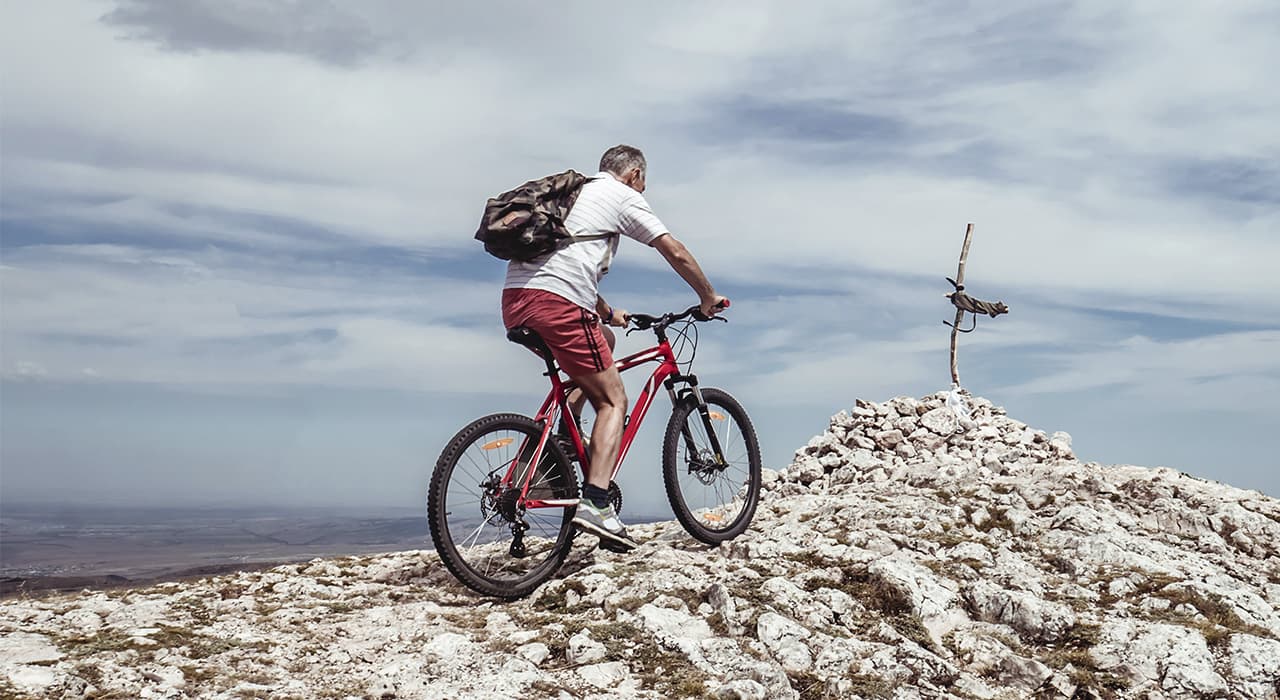Physical preparation is the most important and at the same time the most understandable stage of preparation for a cycling trip, unlike the psychological and technical preparation.
Universal principles of preparation for all activities (cycling trip, running marathon, gym, etc.):
Regularity
From simple to complex
Alternation between training and rest.
Sufficient Exercise
Regularity.
The first principle of preparation or cycling training for a cycling trip essentially tells us about a training plan or schedule. Such a schedule can serve as a weekend, or evening bike rides after work.
There are a thousand excuses to break this principle: bad weather, dirty bike, tired, relatives came, friends called to the bar …
No one requires that you train strictly on Wednesdays at 18-00, on Saturdays at 13-46 or all weekends of the month on the fly. The important thing is to stick to the weekly or monthly plan you’ve made for yourself. Contingencies always happen, as they do on any journey.
From simple to complex.
This principle needs no comment, but nevertheless.
It is very important to build up both the distance and the pace of training to the stated (planned) in the upcoming bike trip. And it is even better if you can exceed these figures.
It is very important to choose a zero reference point for training progress. For example, 40 kilometers a day at a speed of 20 km / h in the city. If you managed to pass this distance without difficulty at a given speed – you should repeat this workout again, listen to your body, and then gradually increase the kilometrage and/or tempo. Add relief routes.
If suddenly these figures were unattainable – lower the bar. For example, 20 km at a speed of 15 km per hour. There’s nothing prejudicial about it, and it’s not worth getting upset about your results comparing them with the performance of another person. Decrease until you feel comfortable, fix the result and start increasing the load by 5-10 km from training to training.
The alternation of training and rest.
Again a very transparent and understandable principle.
If you use the bikePWD format in preparation for big bike rides, then the natural rest is the work routine. Other body parts work and cycling rest.
If you are preparing for cyclingPWD single day rides, the interval between workouts can be 1, 2, 3 days. And in doing so, do not forget the previous principles.
But this also does not mean that you should give up on other sports, if you are fond of them. The main thing is to alternate evenly.
In case you are preparing for combined types of hiking, you should not forget about training for each part of the hike. For example, for cycling hikes, you should go to both cycling PWD and hiking PWD and still improve your physical condition in the gym. Otherwise there will be a “physical failure” in one part of the trip (postulate #2).
Sufficiency of loads.
In other words – without fanaticism. Prepare to achieve your goal in the bicycle tour. Maybe with a small margin. Without overloading the body, without increasing the risk of injury, etc.
Our experience and observations on the form of members of the cycling community:
If you missed a week or two of training – most likely the body will consider it as a rest, provided that prior to that all the previous principles were respected. If not, it will simply slow down your progress.
If you missed from two weeks to a month of training, you will start to decline. It is worth again to smoothly enter the training with a 20-25% discount from the previous maximum distance performance. The tempo will not suffer.
Skip from one month of regular training – start from 50% of maximum to resume. It is worth lowering the pace as well.
If you miss half a year (off-season) or more, start from scratch. This will be safer for the body. It will take at least a month, or even two, of work on yourself to regain your previous performance.
“Hard in the study – easy in battle” translated into the language of cycling travelers sounds like this: “preparation – the key to a successful cycling trip.
Do not neglect this important stage in your life to avoid unpleasant experiences and injuries in the upcoming bike trip.
